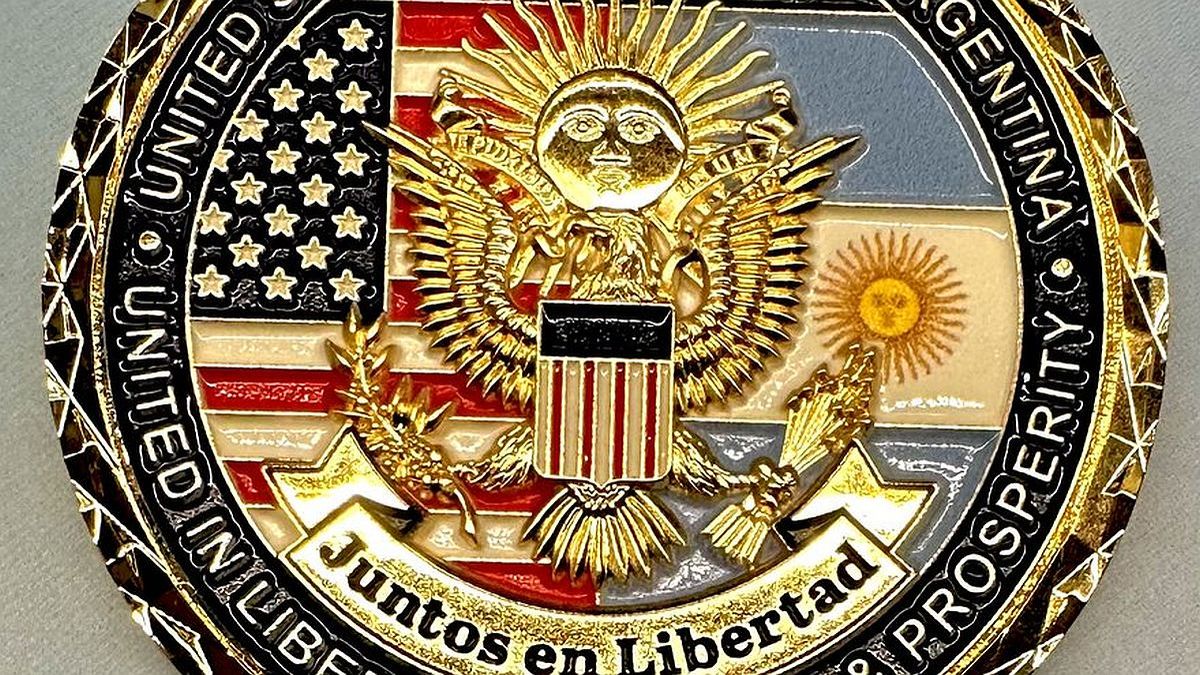Image: FABRICE COFFRINI (AFP)
The 194 member countries are debating how the basic needs of all around eight billion people in the world can be ensured. A delegation led by Health Minister Johannes Rauch (Greens) will take part in the conference on behalf of Austria.
The WHO member states also approve the 2024/25 budget, for which the compulsory contributions are to be increased significantly. Until now, the WHO has relied on voluntary contributions from members for many tasks.
Shortly before the annual meeting, the WHO had given the all-clear on the corona pandemic and the worldwide outbreak of monkeypox. She declared the highest alert level imposed in both cases, the international health emergency, to be over. Nevertheless, health experts warn that the viruses continue to circulate, change and create new threats and therefore need to be monitored.
Pandemic treaty negotiations
WHO countries are also negotiating a pandemic treaty. He should ensure that the world is better prepared for future pandemics. Among other things, outbreaks should be contained more quickly and protective material, vaccines and medicines should be distributed more fairly. However, the draft contract will not be presented until 2024.
The WHO has already launched a global system for the early detection and containment of infectious diseases. Launched on Saturday, the International Pathogen Surveillance Network (IPSN) provides a platform for countries and regions to connect in the collection and analysis of pathogen samples, the WHO said in Geneva. The IPSN is said to help ensure that threats from infectious diseases can be identified quickly. The platform should also facilitate the exchange of information about such diseases and facilitate the coordination of measures to prevent the spread of the diseases.
The monitoring system will be based on the genome analysis – i.e. the decoding of the genetic material – of viruses, bacteria and other pathogens. These analyzes are intended to find out how contagious and deadly the newly discovered pathogens are and how they spread. The data collected will be fed into a broader database to track the spread of diseases. The IPSN is also expected to help develop treatments and vaccines.
“The world is stronger when it stands together”
WHO chief Tedros Adhanom Ghebreyesus praised the “ambitious” goals of the new network and emphasized that it could play an “essential role in health protection”. The corona pandemic has shown “that the world is stronger when it stands together to combat shared health threats”.
In the run-up to the meeting, Rauch emphasized the importance of international cooperation to deal with health crises, which the corona pandemic had shown. “The International Pandemic Treaty is intended to enable us to react faster and more effectively to future health crises at a global level,” said the Minister of Health in a broadcast on Sunday. He is following the “One Health” approach: “We have to consider the health of people, animals and the environment as a unit. Otherwise we risk increasing risks to our health and our ecosystems.”
Rauch wants to talk directly to Tedros Adhanom Ghebreyesus about the International Pandemic Treaty in Geneva. Further bilateral talks are planned with UK counterparts Steve Barclay and Moldovan counterparts Ala Nemerenco. Topics will include the effects of the Ukraine war on the respective health systems and the current shortage of skilled workers in the nursing sector.
Source: Nachrichten




